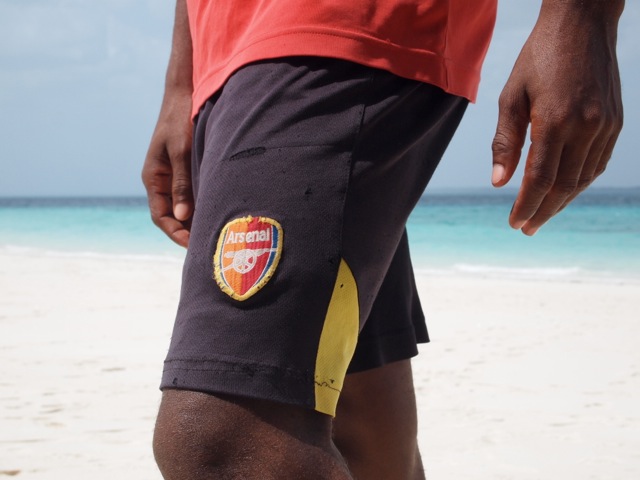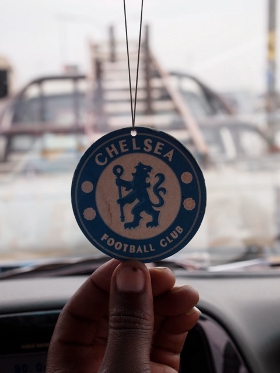“CAN YOU BELIEVE Drogba missed that penalty kick?”
“Will Torres ever score for Chelsea?”
“Wenger really needs to get Arsenal in order.”
You’ll hear some variation of the above in a taxi in East Africa, a street market in Thailand, a pub in Australia. Of all the contributions the British have made to world culture, Barclays Premier League football seems to be the most pervasive and unifying.

